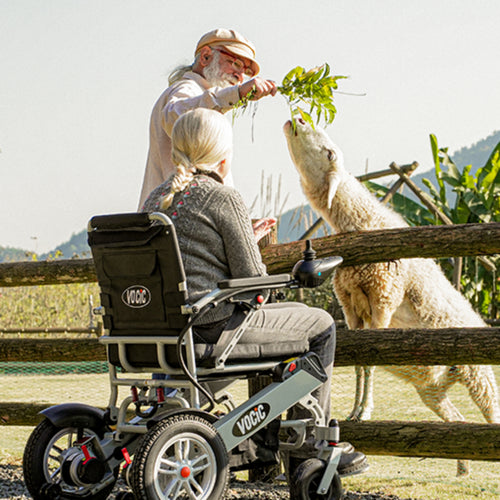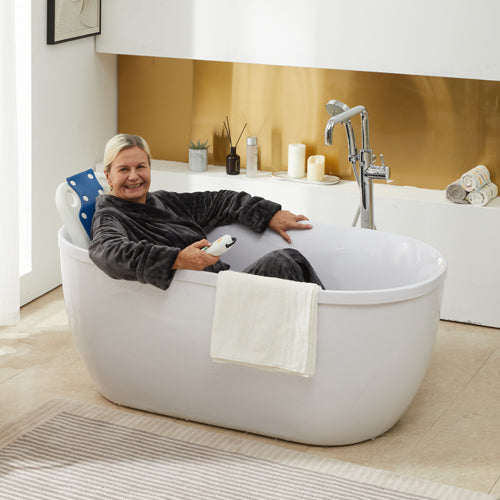Neuropathy is quite common, partly because the term encompasses a wide range of conditions. Approximately 2.4% of the global population suffers from some form of neuropathy, and among those aged 45 and older, the prevalence rises to between 5% and 7%.
In addition to the excruciating "nerve-related" pain, neuropathy significantly impairs leg mobility, primarily in two key areas:
- Muscle Weakness and Paralysis: Peripheral neuropathy leads to nerve degeneration, which weakens the muscles they control. This can result in paralysis, making it difficult to move toes, causing foot drops, and weakening the hands. Muscle weakness can also affect the thighs, arms, and other body areas.
- Muscle Atrophy: Loss of nerve connections causes muscles to shrink and weaken, a condition known as muscle atrophy. This is especially common in the feet, lower legs, and hands of people with peripheral neuropathy. In some cases, muscle wasting can lead to deformities in the feet and hands.
“It all started when I was a teenager, gradually progressing into my 30s before hitting me like a hurricane. Around the same time, I was diagnosed with rheumatoid arthritis, an autoimmune disease, and neuropathy began to flare up in my face. What started as two numb toes has now spread to both feet, and I've lost sensation all the way up to my knees. Initially, there was no pain, but that too has worsened over time. I'm now nearly 33, and for the past nine years, I've been dealing with muscle twitches, tingling, hot spots, pain, soreness, throbbing, and burning.” A patient who has suffered for years with neuropathy shared his experience.
VOCIC user Don Morgan is suffering the painful effects of neuropathy, and he turned to the VOCIC Z51 rollator walker to help alleviate his discomfort.

"Neuropathy is often incurable, especially when it’s caused by chronic conditions like diabetes or rheumatoid arthritis. While I’m currently on medication, my doctor also recommended getting a walker to assist with my daily activities. After careful research and seeing high ratings on Google, I chose the well-reviewed Z51 rollator walker,” Don shared.
“I’m very satisfied with the Z51. It’s improved my leg strength, and I’ve used it in many places—my garden, parks, around the house, even on sand, muddy paths, and gravel roads. It handles most terrains with ease,” Don added.
When asked about his favorite feature of the Z51, Don highlighted its 2-in-1 functionality.
“I love its convertibility. My wife uses a wheelchair, and the Z51 not only helps me walk but also serves as a safety net for her,” Don wrote in an email.
"Neuropathy is often accompanied by numbness, pain, or weakness in the limbs, making it easy for patients to lose balance or feel fatigued while walking. A rollator walker provides the necessary support to help maintain balance and reduce the risk of falls," said Brian, a caregiver with five years of experience working with chronic illness patients, during an interview.
"I understand how painful daily life can be for chronic patients. Every step feels like a challenge, especially when numbness and sharp pain alternate. Even simple movements make me hesitate. I've come to rely on my rollator walker—it gives me an added sense of security, so I no longer worry about falling or being unable to finish walking," Don shared. "If any of my friends ever need it, I would absolutely recommend the Z51 rollator walker," he added.
Chronic illness is like a slow-acting poison, always lurking, ready to strike with endless torment. What’s even more heartbreaking is that there is still no cure. Yet, in this long battle, you don’t have to face it alone. If you seek comfort and safety in your daily life, VOCIC is always here to lend a helping hand. We are your trusted mobility partner, helping you reclaim the hope and strength to live life on your terms.







